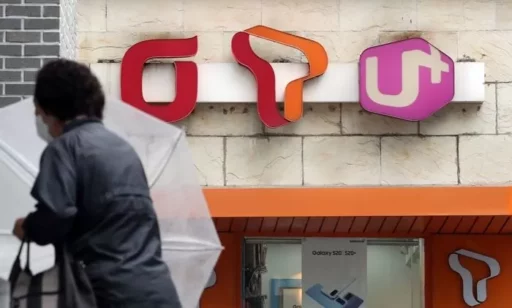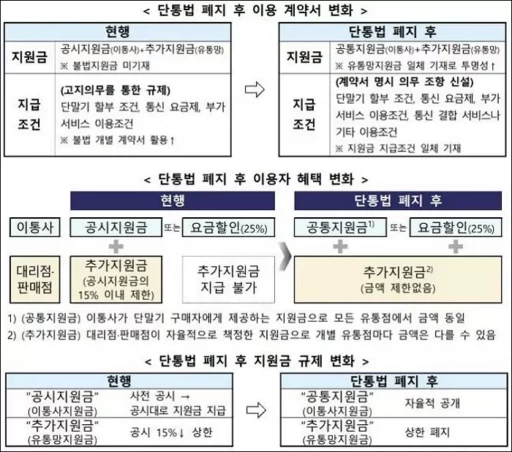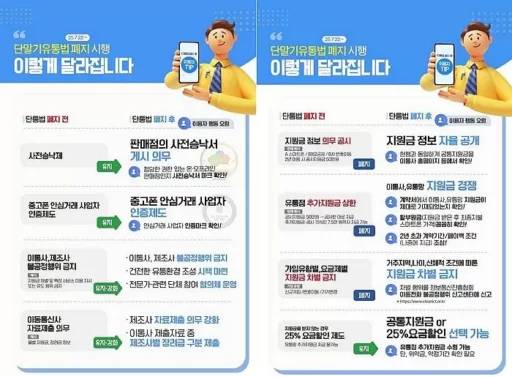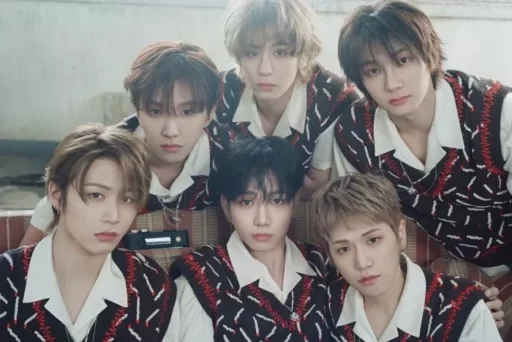The Mobile Device Distribution Improvement Act, which has been in place for 11 years, will be abolished, bringing these changes.
Soon, the obligation for mobile carriers to publicly announce their phone subsidies will be eliminated, and the upper limit for additional subsidies from retailers will be lifted.
The 'Mobile Device Distribution Improvement Act' (MDDA), which had limited the subsidies available when purchasing phones, will be abolished, as the amended Telecommunications Business Act is set to take effect.
On the 17th, the Ministry of Science and ICT and the Korea Communications Commission announced that the MDDA, implemented in October 2014, will be abolished on the 22nd, along with the enactment of the amended 'Telecommunications Business Act.'

The MDDA was introduced due to issues of 'user discrimination,' where only consumers who were well-informed about pricing benefited from the overheated subsidy competition among the three major carriers.
However, the introduction of the MDDA led to a reduction in subsidy competition among carriers, increasing the burden of communication costs on consumers, thus leading to its abolition after 11 years.
One of the significant changes resulting from the repeal of the MDDA is that mobile carriers will no longer be obliged to publish the amount of device subsidies.
Instead, they have decided to voluntarily disclose subsidies categorized by plans and subscription types through the internet to provide accurate information to users. If this information is not clearly stated, carriers may face penalties such as fines under the amended Telecommunications Business Act.

Additionally, the upper limit for additional subsidies from retailers, which was previously set to 15% of the publicly announced subsidy, will be eliminated. As a result, subsidies exceeding the manufacturer's suggested retail price (MSRP) can now be provided.
Previously, if a user opted for a discount instead of receiving the public subsidy, they were unable to receive the additional subsidies from retailers. However, moving forward, it will be possible to receive both.
This has led to discussions about both the 'hopeful aspect'—that competition among carriers will stimulate better prices for consumers—and the 'desperate aspect'—that vulnerable groups might end up paying higher prices.
In this regard, the Korea Communications Commission stated, "We will closely monitor the market situation to ensure that negative effects, such as subsidy exclusion for the vulnerable or unfair practices targeting low-cost mobile services, do not arise due to these system changes."

Image source: Reference material for understanding the article / News1, Korea Communications Commission


